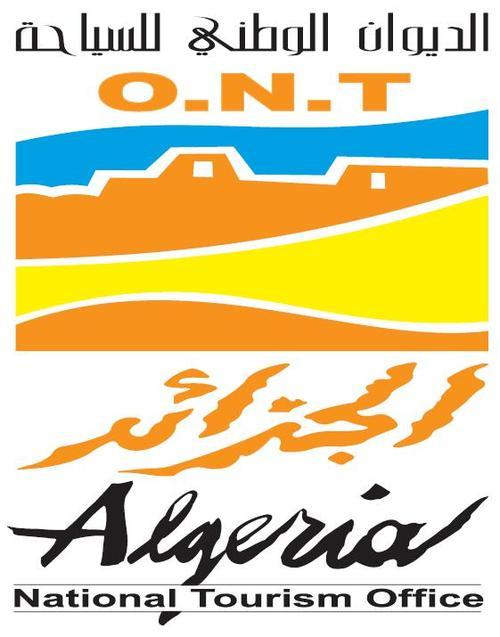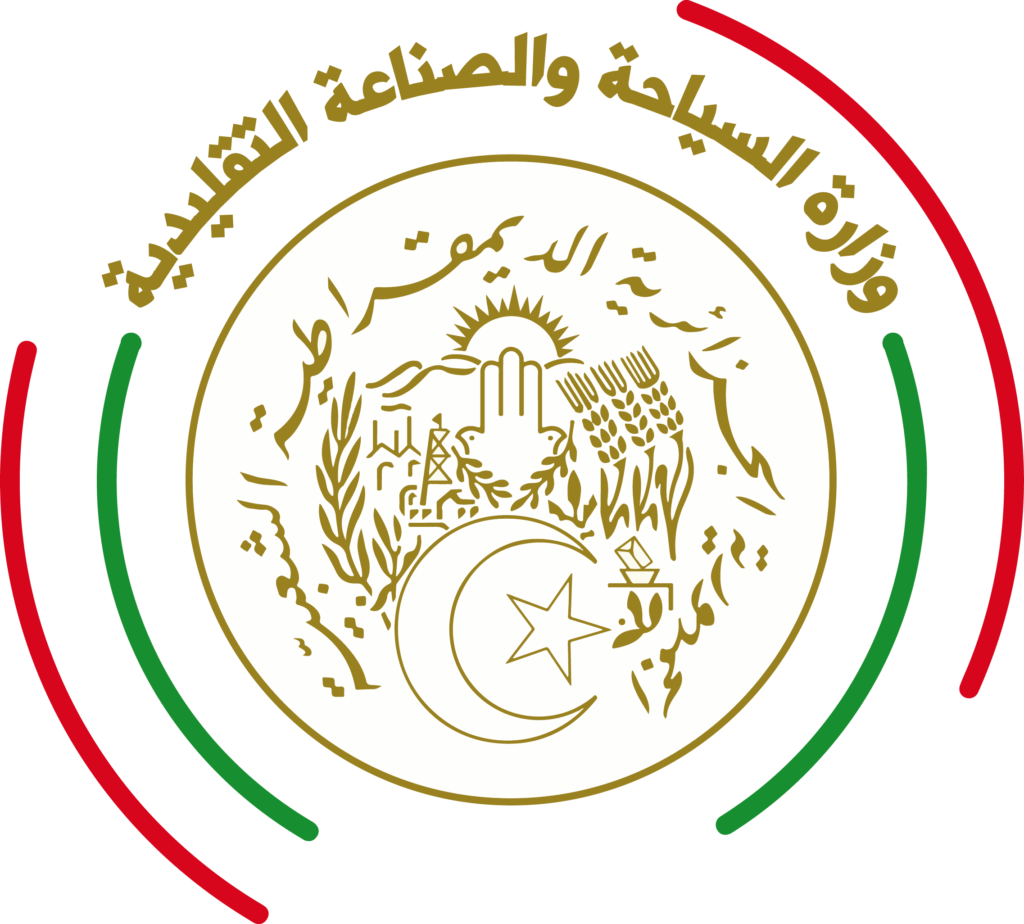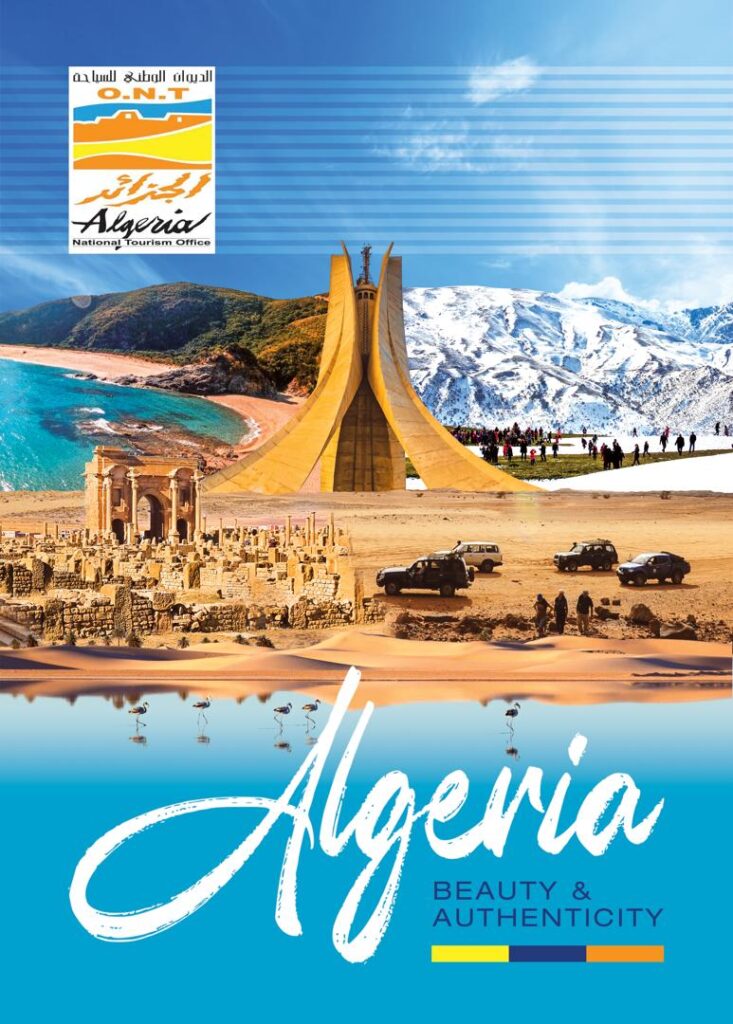Poet and Algerian activist, he devoted his poetry to the stakes of his native country and became the “poet of the Algerian revolution”, commemorating the history of his country in “Elie of Algeria”, which reached a thousand verses of poetry.
Birth :
Born June 12, 1908 in one of the seven houses of the Mezab Valley of Bani Yazgen, in the Algerian state of Ghardaia, Zakri Ben Sulaiman was known as “Mufidi” by his colleague Sulaiman Bou-Jinnah.
Study and training :
He began his training at the library of his hometown and studied the Koran and the principles of the Arabic language, then continued his studies in Arabic and French at Al Attarin School and Khaldunya School.
Political experience:
He joined the ranks of political and national action in the early 1930s. He led the national movement in the Maghreb with his poetry and struggle, joined the ranks of constitutional youth in Tunisia and participated in anti-integration conferences. North African students.
Active in the Algerian national movement, he was a member of the North African Star Party, a founding member of the Algerian People’s Party, then secretary-general, and a member of the victory movement for democratic freedoms.
He was arrested and imprisoned by the French occupation authorities more than once for his political activities and arrested in August 1937 with Mascali El Haj, then in May 1945 for three years and in February 1946 for six months.
In 1955, he joined the declared liberation of revolution, did not go by the year, even arrested and imprisoned the Serkadji prison in Algiers for a period of three years, accused of undermining the security of the state through the ” section “National co-author builds, Vommt lost his property and much of his manuscript.
He managed to escape prison on 1 February 1959 and went to Morocco and Tunisia to cure the suffering and torture in prison and took advantage of his presence in Tunisia to contribute to the creation of the newspaper Mujahid.
After his independence, he lived his life in the Maghreb countries and spent most of his time in the Kingdom of Morocco, especially during the last years of his life.
Literary experience:
At the beginning of his poetic journey, he attended the literary councils of the great Tunisian Arab writer Kabadi, as well as a close friendship at that time.
Mafdi was influenced by the wealth of Algeria in the process of colonization, filled with the spirit of liberation, whose poetry was one of the struggle books of the Algerian people to get rid of colonialism and French independence and of the literary mixture of his poetry.
Was the ambassador of the Algerian affair, contributed to the definition in the Moroccan and Tunisian press, and took the concerns of his homeland and the revolution where he resolved, and his poems and songs reflected the revolution from Algeria and aspire to his people for freedom and emancipation echoing his poetry:
“If I die, Algeria will live free and independent will not be baptized.”
The poems, the songs and the songs were all the expression of the pain and the hopes of the Algerians, sung by the Algerian man and transformed into icon and symbol of freedom, sung by the child while he went to class and the martyr on the execution platform.
“The shadow of the olive tree”, “the sacred flame” and “the inspiration of the atlas” reflect the poetic commitment. The Algerian poem “Iliad Algeria” consists of a thousand houses and an epic house celebrating Algerian history and glorifying its glory.
Through his various national anthems, he marked the Algerian national anthem “Kisma” at the Barbaros prison in April 1955 and the martyrdom of martyrs condemned to death before singing, as well as many other patriotic songs.
He participated actively in the conferences of Islamic thought founded by his close friend and the Algerian Minister of Religious Affairs, Mouloud Kassem Knight Belkacem, organizer of Diyala Diwan Diwan, presented at the Forum of Islamic Thought in Algiers in 1972.
Books :
He has published poems, including “Under the Shadow of Olives”, “The Holy Flame”, “Iliad of Algeria” and “The Inspiration of the Atlas”. He has also left many unpublished books.
To express his attachment to thought and culture, he recommended transforming his house in Bani Yazgen into a center of scientific outreach, becoming a reading library with his most important manuscripts and many ancient and modern scientific sources under the supervision of his family.
Price:
He has received numerous awards and decorations in his native country and in the Maghreb: in Algeria, he received the medal of resistance, the Ather medal in the national system of merit and a certificate of appreciation for his works and works.
In Morocco, he received the Order of Intellectual Competence of the first degree, while in Tunisia, he received the medal of independence and the medal of cultural merit.
The death :
Zakri Ben Sulaiman (Moufdi Zakaria) died on August 17, 1977 in Tunisia and his body was transferred to Algeria and buried in his hometown of Beni Yazgen in Ghardaia.




